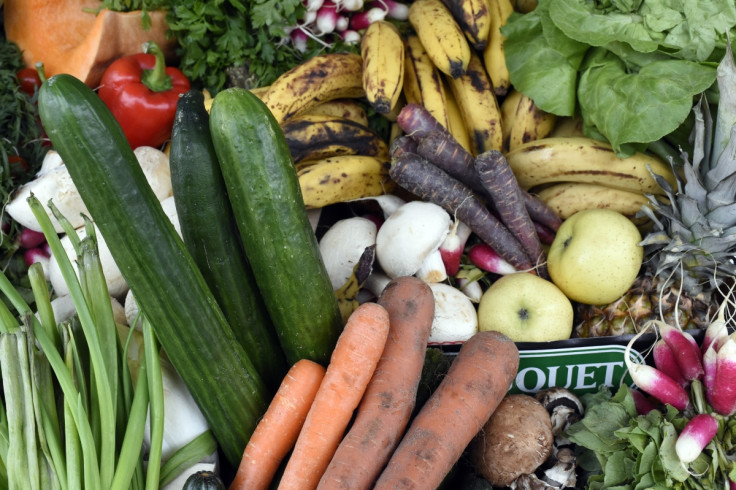Vegetarian diet linked to genetic risk of heart disease and cancer

Populations that have historically favoured a vegetarian diet carry a genetic mutation that may make them more susceptible to heart disease and cancer, researchers say. The link is suggested by an analysis of data from the 1000 Genomes Project, which was launched in 2008 to catalogue genetic variations in humans of different ethnic groups.
The study found 70% of a predominantly vegetarian population from Pune, India, carried a particular mutation called rs66698963, while it was present in less than 20% of the mostly meat-eating residents of Kansas in the US. Scientists from Cornell University in the US believe the mutation makes it easier for vegetarians to absorb essential fatty acids from plant-based foods.
However, this also results in high levels of arachidonic acid being retained in their blood and tissues, which can exacerbate the risks of heart disease, colon cancer and other inflammation-related conditions.
'Tantalising evidence'
In the study, published in the journal Molecular Biology and Evolution, researchers found "tantalising evidence" that vegetarian populations are at higher risk of inflammatory conditions if they stray from a balanced omega-6 to omega-3 diet.
"Both heart disease and cancer are increasingly recognised as diseases enhanced by chronic low level inflammation," lead author Tom Brenna told ResearchGate. "Omega-6 arachidonic acid mediates and enhances inflammation and thus may well be a contributing factor to the decades-long development of heart disease, as well as accelerating development of cancer cells and tumours."
Omega-6 fats also suppress the production of omega-3 fatty acids, which are important for brain development starting in pregnancy and through 20 years of age.

The study is a cause for concern in developing nations that favour a vegetarian diet, as industrially produced oilseeds such as traditional sunflower, corn, soy and peanut oils contain large amounts of the omega-6 linoleic acid, from which arachidonic acid is derived.
"The increasing availability of high omega-6 seed oils in the developing world will be most pro-inflammatory and pro-clotting for those persons with the genetics of traditional vegetarians because their genotype will maintain higher omega-6 arachidonic acid in their blood and tissues," Dr Brenna explained.
The situation is different in the US, where the oilseed industry is shifting production to high oleic varieties that have low omega-6 fats. "My sense is that it is of the utmost importance to introduce these high oleic oils into traditional vegetarian populations," Dr Brenna added.
© Copyright IBTimes 2025. All rights reserved.






















